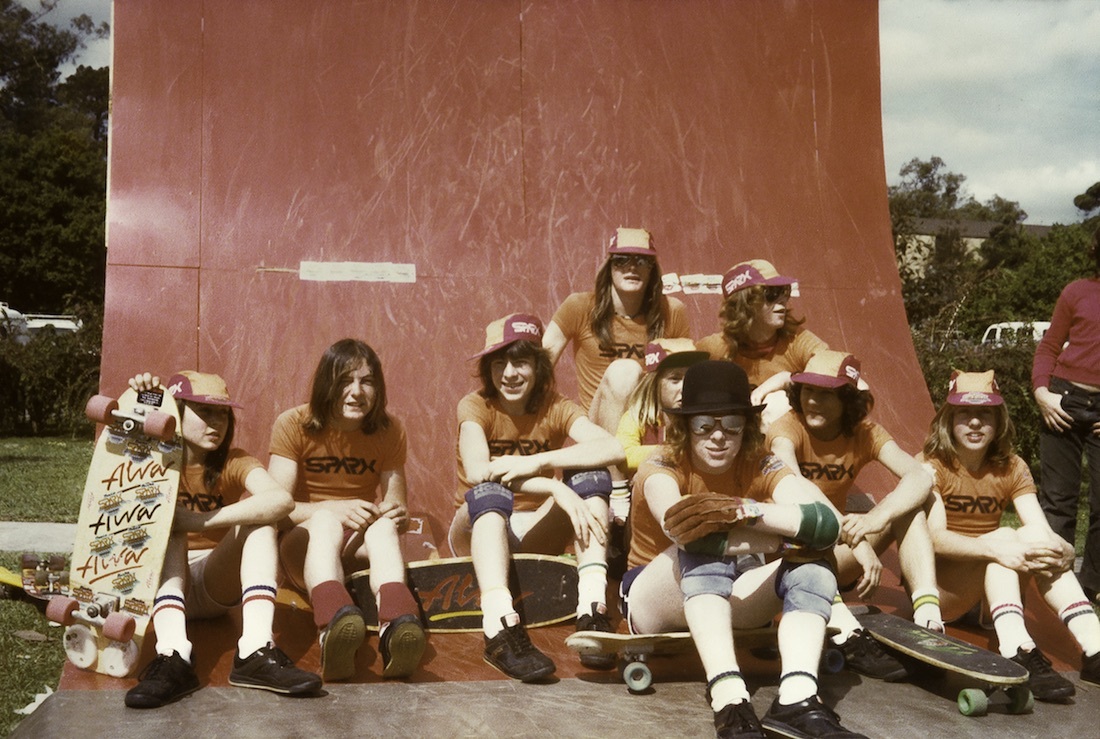Skate company Globe International was founded in the mid 80s by brothers Peter, Stephen and Matt Hill in response to what they saw as a lack of adequate skate products in Australia. The three grew up skating in Melbourne’s suburbs and founded their company on the DIY kind of principals you’d expect of young, untrained entrepreneurs with a thirst for success, but foremost fun. For the last 30 years, Globe has remained integral to the skate scene around the world and their new book, Unemployable, tells the story from the earliest days via almost exclusively unseen images and current interviews.
After a grand launch for the enormous hard back tome at the State Library of Victoria last week, and before it’s official launch in December, we spoke to the youngest brother and Globe CEO Matt Hill about what he hopes people will glean from the book…beyond a nostalgia for 70s skate wear.
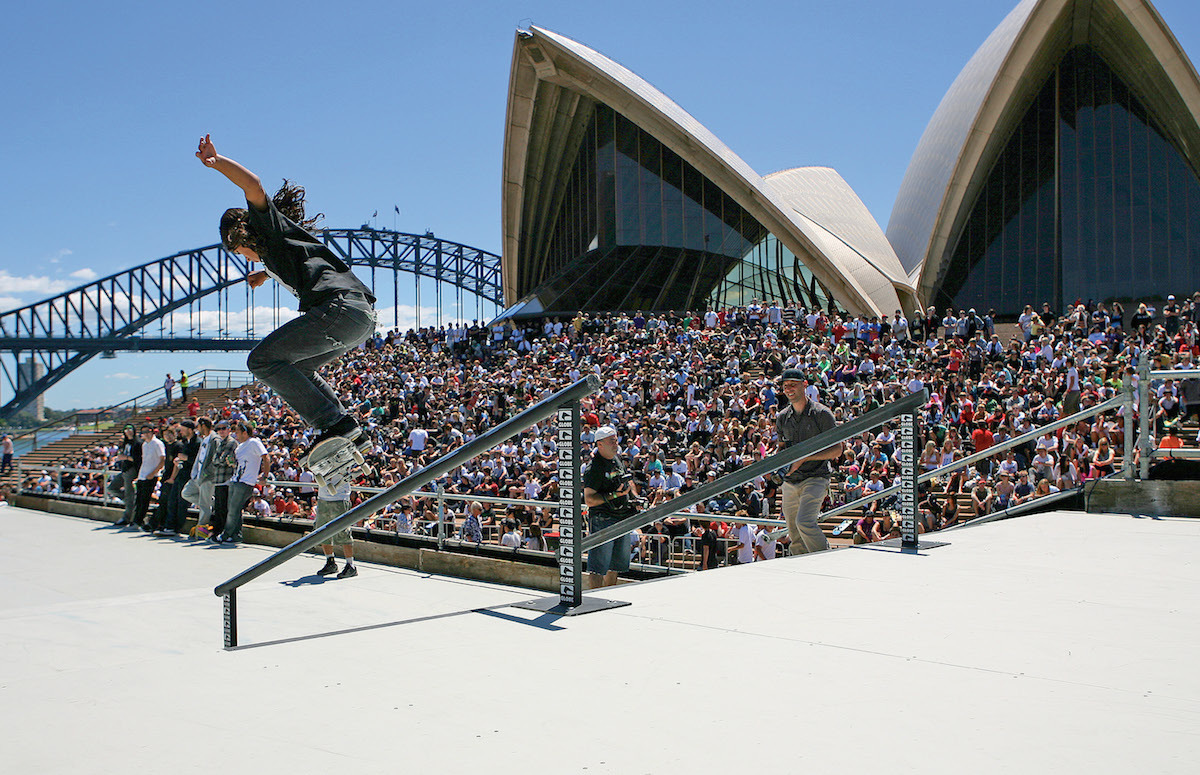
Congratulations on the release of the book. The photos and stories tell the history of a big part of Melbourne’s skate scene. It must have been a big job pulling it all together.
Thanks. There’s a lot in there from our archives and personal collections. Luckily there’ve also been so many diverse characters involved over the years, which meant there was a lot of great material all over the place. It was just a huge job pulling it all together.
Jason Boulter, the author, did an amazing job. He had to be a chameleon; he was speaking to everyone from out-there skaters to high level corporate guys. In the book he has an interview with the Chairman of BHP and Paul Keating and then sit downs with skaters like Rodney Mullen. He had to wear a lot of different hats. It’s been a great reconnection of people who’ve been excited to pull out their old stuff too. There’s a lot to cover – and a lot of people to cover. We wanted to do everyone justice.
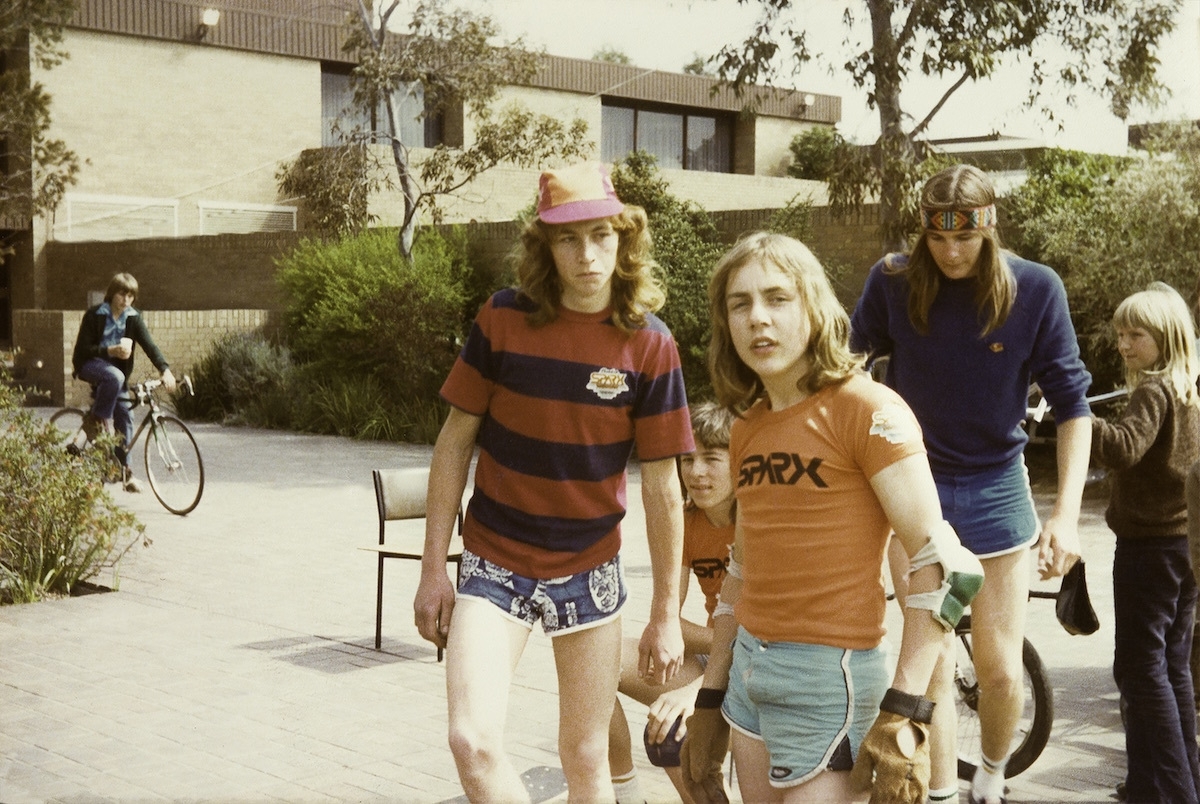
The pictures of you, your brothers and their friends skating in the suburbs during the 70s are definitely a highlight of Unemployable. Did you tap into any other goldmines while sourcing material for the book?
There’s a contact sheet from Blind skateboards of a really iconic and pivotal ad from that era featuring Mark Gonzales, Jason Lee and Rudy Johnson. It was shot by Spike Jonze. We found the contact sheet including all the extra shots that didn’t run and I think there’ll be some fans who’re excited to see those.
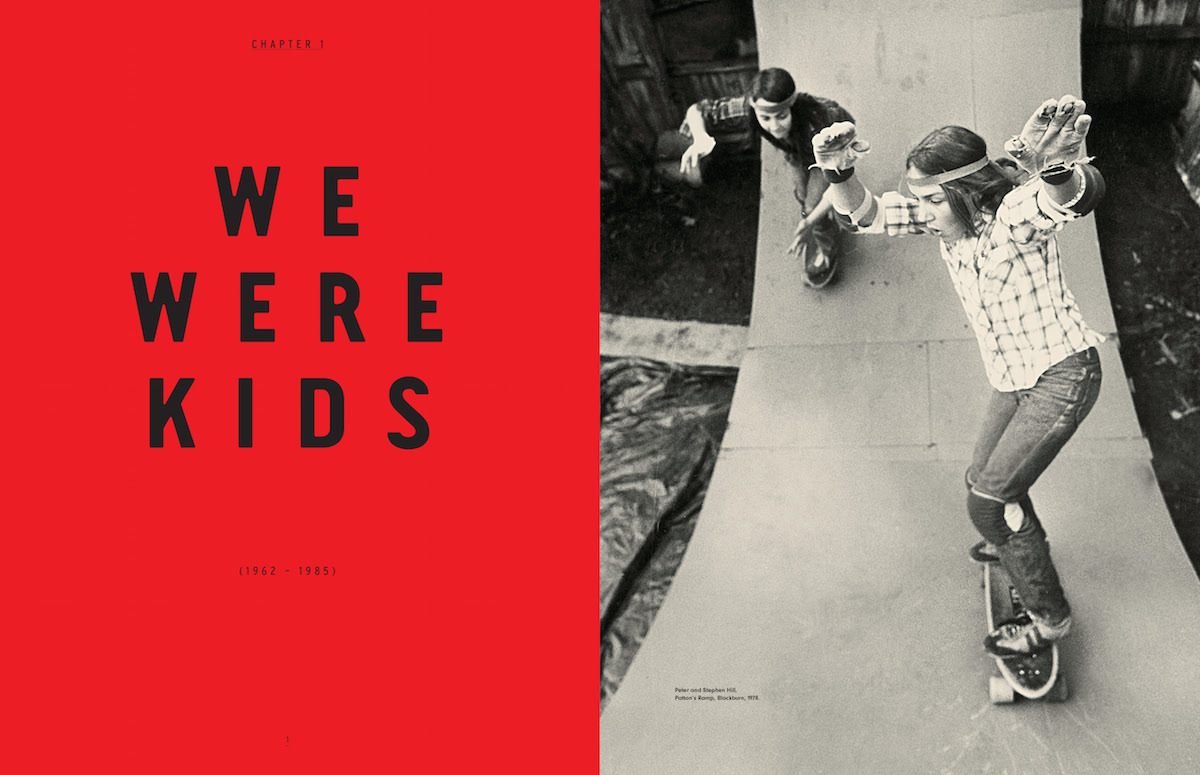
From your perspective, what is the book’s key message?
I’m hoping that there’s a universality in there. We’ve tried hard to gravitate back to it being subculturally relevant, not a company story. Hence the title. We used to joke: people would ask us why we started a business and we’d tell them that it was because we were unemployable. It was self-deprecating but there was truth in it. Doing the book, we were also really keen to express how many people had been involved and that they were all really diverse. The one thing connecting everyone who worked with us was their dedication to work hard. Many of them didn’t have formal training but we all had a unifying drive to make a difference. The title really became the anchor. If people see it as sentimental that’s great too.

Was there a notable high and low point of the last 30 years?
The first fifteen years we really grew organically and we grew in a way where we were always adding fresh energy. That gave us the opportunity to take the company public, which seemed like a high, but when we did that we became convinced that we had to change how we ran the company. More corporate people entered the business and we lost sight of our natural game in terms of what we thought was fun, cool and relevant to our customer. We were convinced by others that this was the way, but a few years in and things weren’t going to plan. People weren’t happy, we certainly weren’t having a good time and we’d created this thing that we were no longer enjoying being a part of. That was definitely a low point.
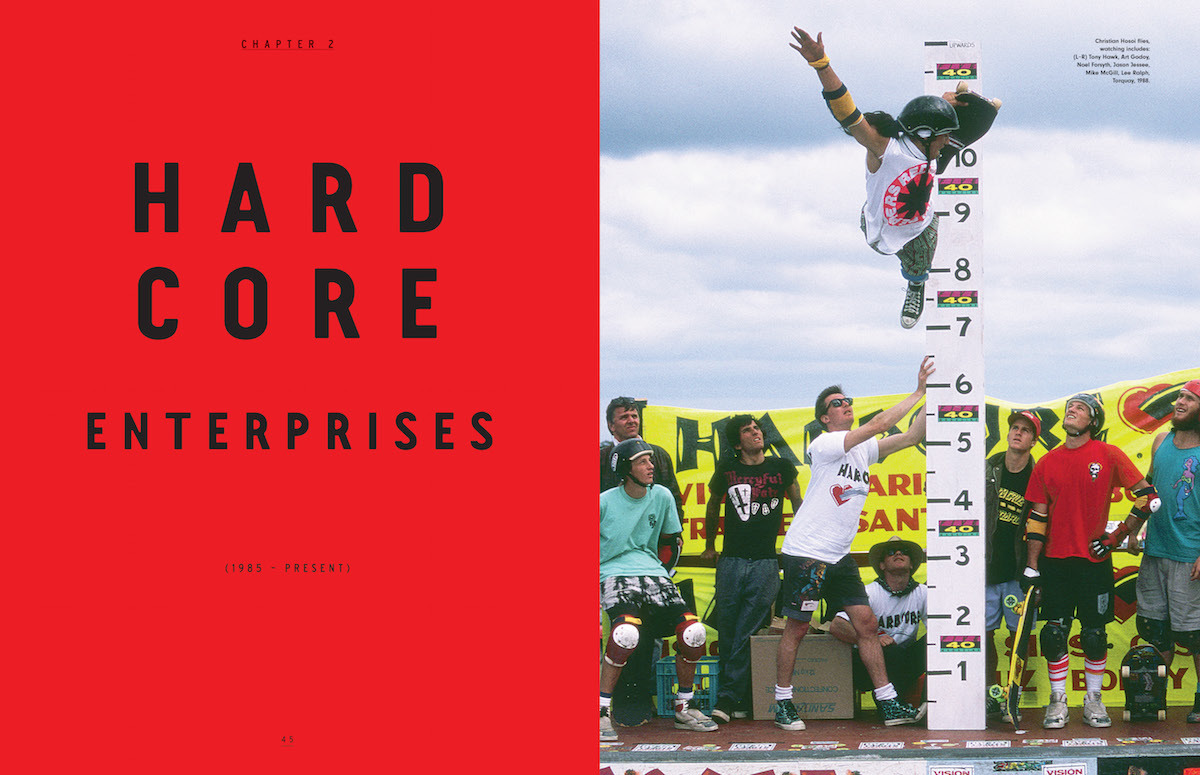
And how did you turn things around?
That’s the beauty of working with brothers; we compared notes and agreed it was shit. We determined that we were in control and could change it. We went back to original principals. We enjoyed it a lot more but had more humility than before. We had a better understanding of how what we had was so unique. After 30 years you really see it with some perspective and appreciate it in a new way.
Credits
Text Briony Wright
